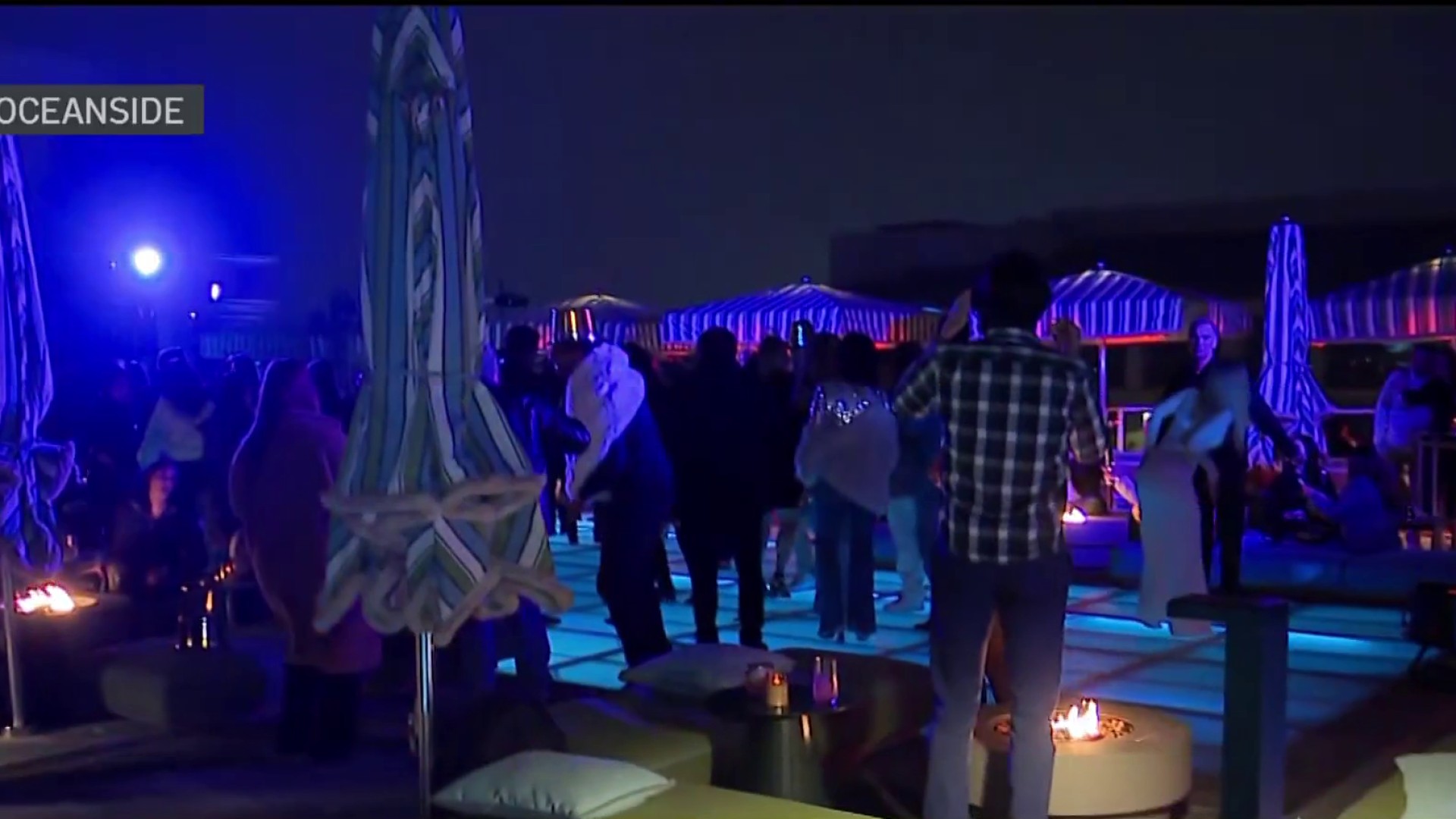When Daniel, a migrant seeking asylum from Nigeria, heard he had made it to the United States just days before President Biden's executive action went into effect, he dropped to his knees, praising "hallelujah."
“That’s the new law? And it starts today? Oh my god. I give god the glory. I give god the glory,” said Daniel, a father who spent two months traveling to claim asylum in the U.S.
The executive action, which went into effect first thing Wednesday morning, bars people crossing illegally from claiming asylum when average daily crossings over a week are higher than 2,500, which has been the case for many years. There are exceptions for unaccompanied children and victims of trafficking. Legal challenges are all but guaranteed.
The action is politically polarizing, with some progressive Democrats calling it too harsh and inhumane, and Republicans saying it is too little, too late. It comes on the heels of two failed attempts to pass a bipartisan border security bill in the Senate, after former President Trump voiced his opposition.
Get top local stories in San Diego delivered to you every morning. >Sign up for NBC San Diego's News Headlines newsletter.
Despite the discourse in D.C., immigration attorney Michelle Celleri is not convinced the policy will have much bearing on peoples' attempts to cross. She said the question of how she would counsel people seeking entrance to the U.S. right now is "complicated."
“When people are fleeing for their lives, they're going to if they're going to cross the border to seek protection, regardless of what the policy is, because there is a chance that they will be safe,” said Celleri, who serves as the chair of the San Diego American Immigration Lawyers Association.
The spokesperson for AFGE National CIS Council 119, the union that represents USCIS asylum officers, Michael Knowles, said members are in the process of figuring out how to implement the changes.
Local
“It effectively makes the screening process much more difficult for the applicants. It also makes it more arduous for the officers applying the rule,” said Knowles.
According to the U.S. Government Accountability Office, there are 2 million pending cases in immigration court.
"Even if we were to double the number of judges, the backlog wouldn't be fully cleared until 2032,” said Rep. Mike Levin.
Without adding resources to the asylum officer ranks, said union representative Knowles, tackling the backlog of cases is a tall order, even if the executive action does decrease the volume of people adding to that backlog. He is also concerned about the legal and moral implications of turning people away from the U.S. without hearing their claims of credible fear.
“You're potentially placing thousands of asylum seekers at risk of harm,” said Knowles.
The fate of migrants coming through San Diego's border, which has been especially busy as of late, is up in the air. On Wednesday, hours after the executive action took root, migrants were crossing through Jacumba. Meanwhile, other migrants, who were picked up by border patrol in the days before the sweeping executive action, were being released in San Ysidro.
Daniel, who says his family is fleeing persecution, is looking towards a more hopeful future.
“I'm grateful. And to the U.S. government, I'm really grateful,” said Daniel, whose son dreams of becoming a U.S. soldier. “I want to help my family, work, send money to them so they can live happy. I wish I can see them tomorrow. I know I need to work hard so that my family can come join me in U.S.”



